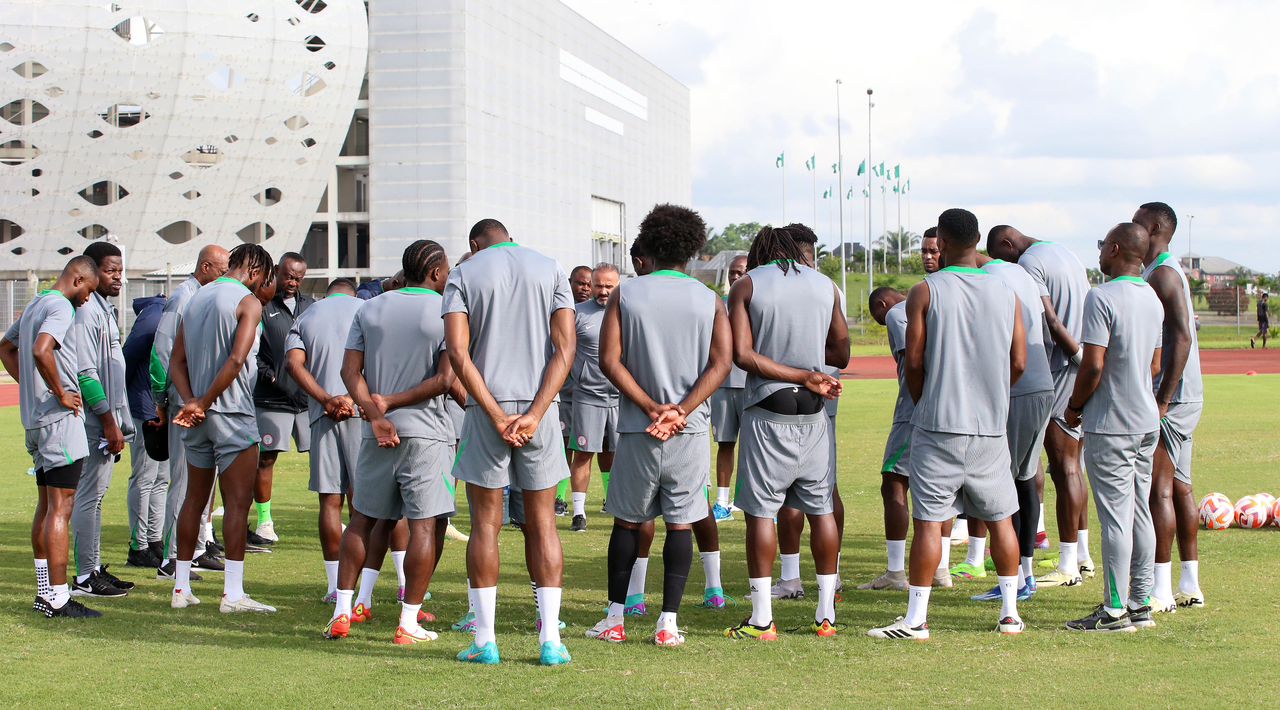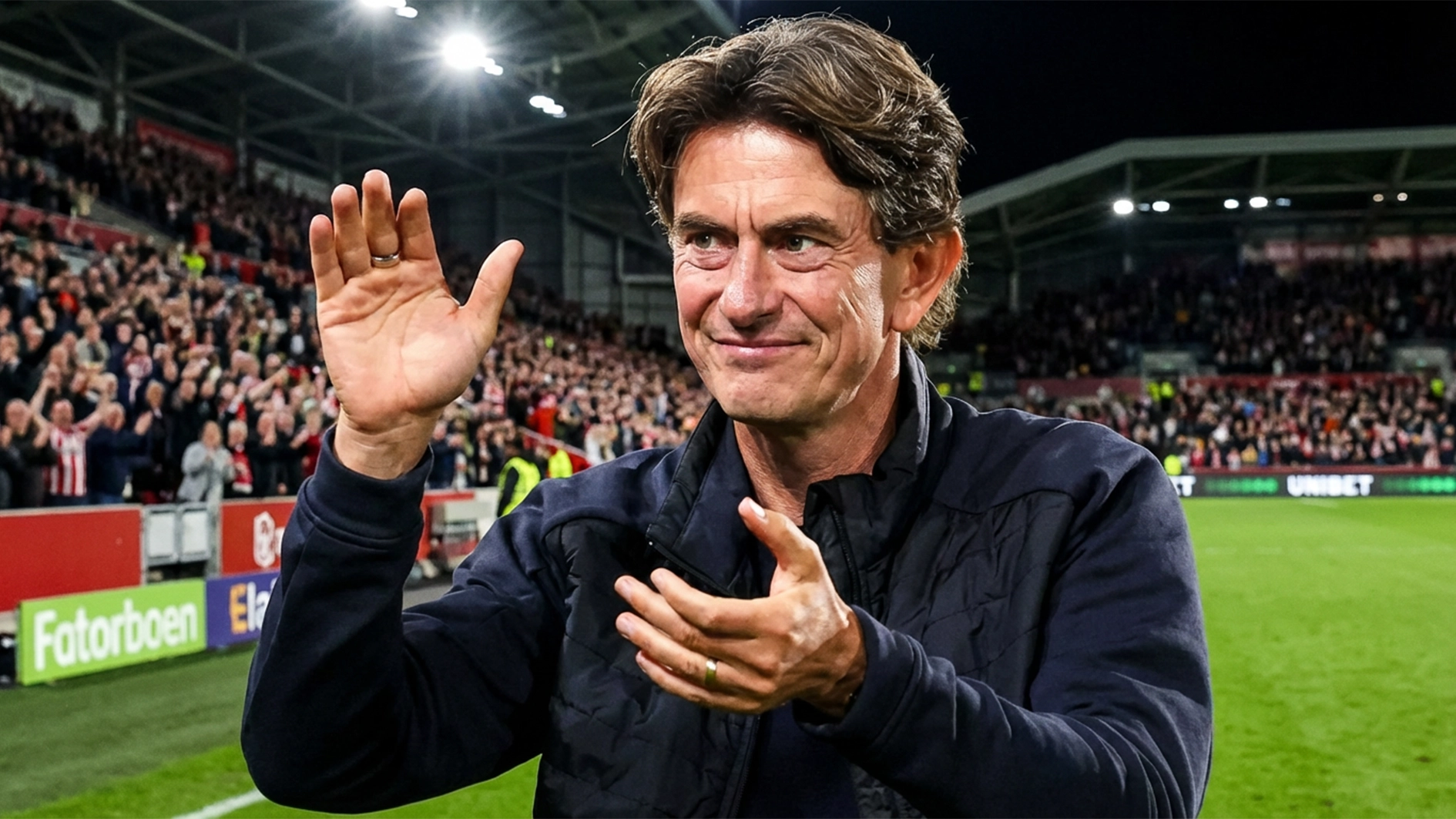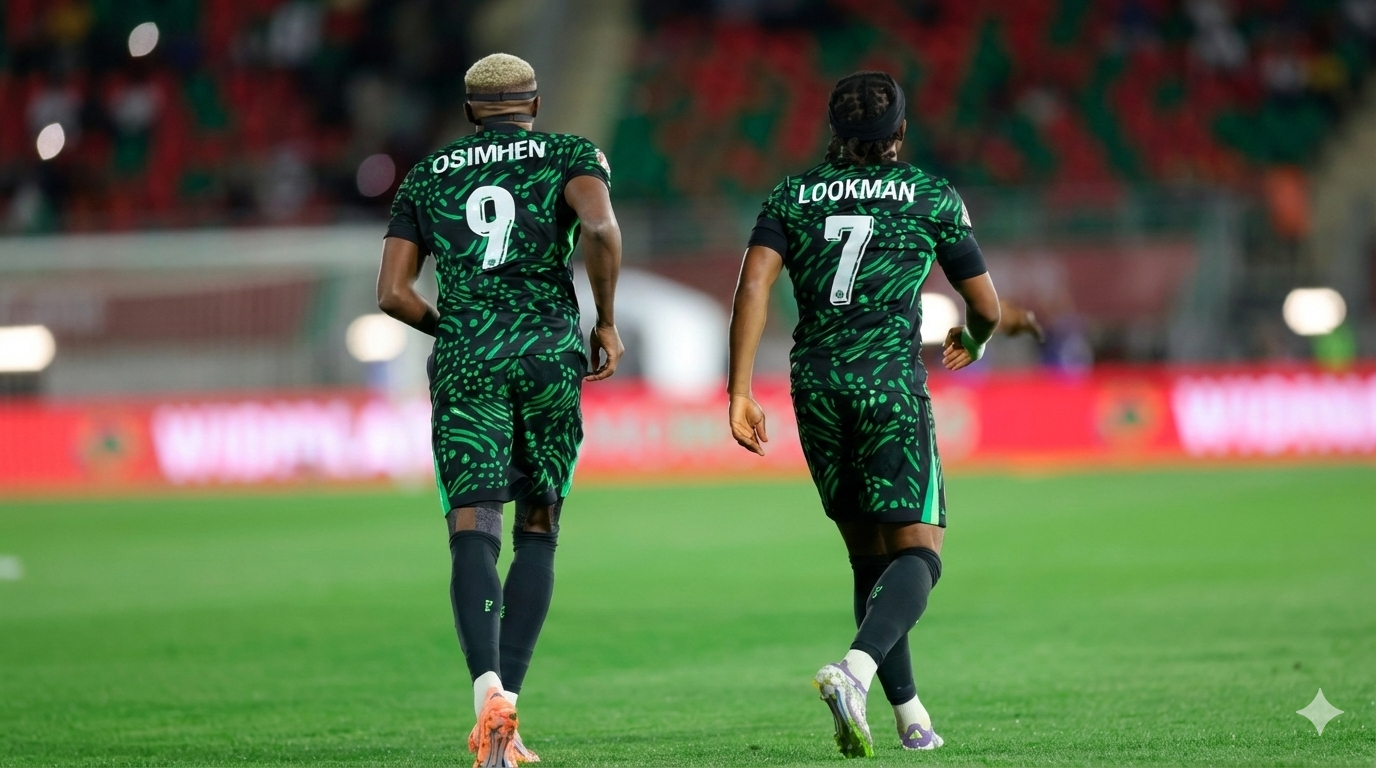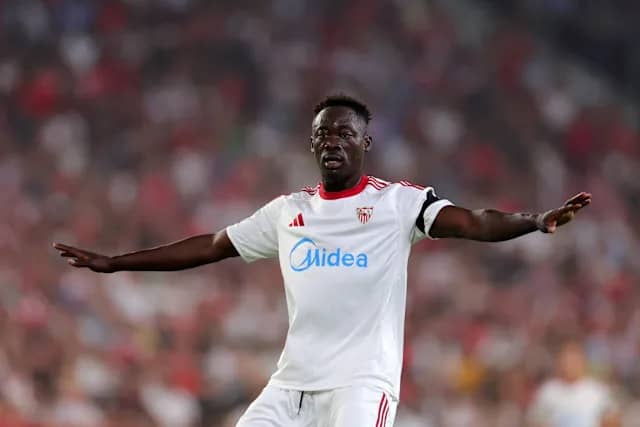 Nigerian football clubs were rated among the best teams in African football between the 1970s and 2000s. But that is now history; no thanks to the poor quality of coaches saddled with the responsibility of leading these teams and their limited exposure to contemporary realities of the game, CHRISTIAN OKPARA reports.
Nigerian football clubs were rated among the best teams in African football between the 1970s and 2000s. But that is now history; no thanks to the poor quality of coaches saddled with the responsibility of leading these teams and their limited exposure to contemporary realities of the game, CHRISTIAN OKPARA reports.
It is said that a coach is as good as the knowledge he has acquired through education and experience, both in the classroom and on the pitch during his active playing days.
A good coach, according to experts, can successfully translate all that he has learnt into a winning formula for his club or team.
A well-rounded coach, they further contended, is one that has acquired knowledge through attending courses, seminars, and other forms of enlightenment forums, as well as, one that is imbued with the ability to practice what he has learnt from all coaches that s/he has undergone tutelage in the playing days.
Like many other trades, there are several levels of education that coaches must undergo, but not all are easily accessible to aspiring coaches, especially those from poor countries, who may not have the resources to travel to countries or other regions to acquire the desired knowledge.
In recognition of such handicaps, the world football ruling body FIFA and its African affiliate, CAF, have instituted several levels of education through, which they certify coaches from the region.
To ensure that many aspiring coaches benefit from such courses, FIFA and CAF provide funding for its affiliate countries to help cushion the cost of such courses.
In many countries, there are specified qualifications that a coach must have before being allowed to handle or operate in certain divisions of the country’s football.
For instance, some countries stipulate that a coach who wants to manage any club in their premiere league (which is the highest level of the league) must have the CAF A Licence, or its equivalent (UEFA A Licence) while training a club in Division Two League, a coach must have the B Licence.
However, getting these certifications remains an arduous task for many coaches because sometimes they are priced out of their reach.
Recently, the Nigeria Football Federation (NFF) organised a CAF C Licence course for women in the country. Only about 30 women attended the programme out of the over 200 that indicated interest in the programme.
Early last year, the Moroccan National Technical Directorate (DTN) organised the first module of the CAF A Coaching license training for selected African football coaches.
Held at the Mohammed VI Football Complex, the programme brought together 23 coaches of different nationalities including 13 former Moroccan internationals.
The course was a part of the technical support offered, and supervised by the DTN to the Confederation of African Football (CAF) member associations, in strategic partnership with the Royal Moroccan Football Federation.
Coaches selected for the training were from national teams, professional football clubs, and local youth team coaches. They all had earlier excelled in a last B FAST TRACK examination organized for Ex-Morocco internationals.
Coaches from other African countries including, Zambia, Liberia, Chad, Burkina Faso, Ethiopia, and Senegal were also in attendance.
Sadly, Nigerian coaches could not take advantage of the opportunity offered by that course due to logistic difficulties.
However, the question many stakeholders have been asking is: “Why have Nigerian coaches not been benefitting from such courses?” And, “Why has the NFF failed to organise such courses regularly for Nigerian coaches?”
At a recent seminar for coaches and media officers in the Nigerian National League (NNL), at the behest of the NNL, some coaches at the workshop lamented that poor certification has hampered their growth in the trade to the extent that they cannot find jobs outside the country.
Lamenting the effect of the absence of CAF courses for the Nigerian coaches, a former Kano Pillars handler, Abdul Maikaba, said that Nigerian coaches are rated below their contemporaries from other countries because they have not been availed the opportunity to improve their knowledge of the game.
Maikaba said: “I want to appeal to the NFF to organise more CAF courses, especially the ones leading to the award of CAF A and B licences.
“The situation now is that it is over nine years since we had the CAF C licence course in Nigeria, and we don’t know if the NFF has any plan to bring the A or B license courses here. We are happy that we have done C and D and we hope that the B and A license courses will come very soon.
“You can imagine that because of my popularity in Africa after coaching Kano Pillars, Rangers, and Enyimba, I got a job in an East African country, actually Uganda, but after agreeing to the deal, they canceled the contract because the minimum qualification to coach in their country is the CAF A licence. I lost a big opportunity that would have changed my life.”
Maikaba lamented that many of his colleagues wanted to attend the course in Morocco, last year, but could not do so because of the cost of going to the North African country and other things required to be part of it.
Warri Wolves Coach, Napoleon Aluma, said that Nigerian coaches’ inability to access top coaching courses has hampered their growth in the game. He added that their peers from other countries look down on them because they don’t get some of the opportunities available in other parts of the continent.
“Paper qualification does not make one a good coach, but there are certain jobs you cannot do if you don’t have the stipulated qualification.
“Some of our coaches are better than the foreign coaches that they bring here, but these foreigners have the edge because they possess better paper qualifications. Many African countries do everything to train their coaches regularly, but we don’t do that here in Nigeria. It is unfortunate. That is why I am joining in begging the NFF to organise CAF A licence courses for us.”
A top Nigerian coach, who pleaded anonymity, accused the NFF of diverting funds provided by FIFA and CAF for coaches’ education.
He alleged that even when the NFF organises courses for coaches, it ensures that coaches pay through their noses to attend such courses.
“I understand that the last C course for women was paid for by FIFA, but we were made to pay for it. That is why the number was so poor. These courses are made to benefit coaches, but some officials in the NFF see it as another avenue to make money.”
Corroborating the coach’s allegation against the NFF, the chairman of the Professional Footballers Association of Nigeria Task Force, Harry Jalla, alleged that the NFF received over $21 million from both FIFA and CAF between 2014 and 2024.
According to him, between 2014 and 2024, FIFA and CAF have handed $21.1 million to Nigeria without anything to show for the money.
Part of the money, he said, is FIFA’s $2.5 million for Assisted Programme grant, which includes coaches’ and referees’ education.
“Nigeria is entitled to $8m in this ongoing cycle, having received over $10m in the previous two cycles, specifically for projects and administration with nothing to show for it. By January 2026, NFF would have received $18m from three cycles of the FIFA Forward programme with no tangible project on the ground,” he stated.
The search for a foreign coach for the Super Eagles, he said, “is yet another inglorious journey rooted in lack of planning. Ten years of long-term planning should be more than sufficient to develop a robust technical department to upgrade Nigerian coaches for national team assignments.
“With the right people in charge of football in Nigeria – a country that was once ranked fifth best in the world –Nigeria should by now be the hub, and center for training and development of African countries, not Europe or South America.”
The technical departments of top football federations, he noted, are commercially viable sub-sectors because they generate revenue. “A fraction of the grants from FIFA and CAF from 2014-2024 is more than sufficient to establish a robust and commercially viable technical department that would have upgraded a good number of indigenous coaches for our national teams. It’s a big shame for a country like Nigeria to be talking of hiring a foreign coach in 2024.”
Reacting to the allegation that the NFF prefers to divert funds sent by FIFA and CAF to other uses, an official of the federation, who pleaded anonymity, said that nobody can divert such funds because they are usually tied to specific events.
“What is happening is that CAF has halted all courses meant for its affiliate bodies because it wants to align them with the UEFA curriculum.
“They will start organising these courses when they complete the harmonisation. In fact, some Nigerians are involved in the process and I am sure that once that is done, they will return with the courses.
“Anybody that tells you that the NFF is diverting money, or has diverted money meant for coaches’ education is a joker because FIFA and CAF organise these courses and there is no way that you can take the money to other areas unconnected with what they are meant for.”






